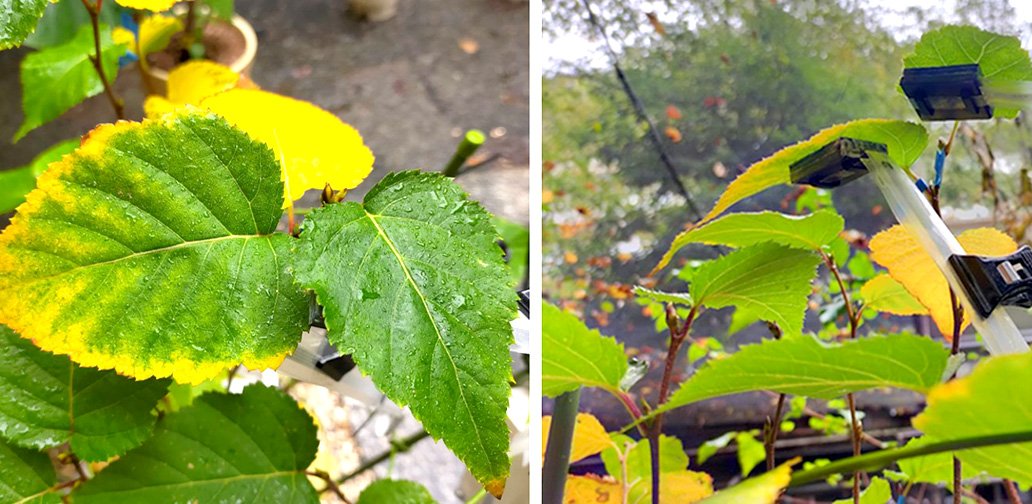A new book draws the links between consumers, business and government, and an estimated 40
million people in the world today who are modern-day slaves. Addressing Modern Slavery explains
the global conditions that have allowed slavery to thrive to the point where there are more slaves
today than ever before in human history.
Authors Associate Professor Justine Nolan from UNSW Sydney and Dr Martijn Boersma from UTS
describe well-known examples from overseas, such as women in apparel sweatshops and children
in brick kilns – but also examples that are closer to home. In 2017, a Sydney cleaning company that
provided services to Bunnings, Wilson Parking and NSW Ambulance was fined $AU370,000 and
ordered to backpay more than $AU220,000 to 49 exploited cleaners. There have also been many
instances of exploitation of seasonal farm workers in the Australian agricultural sector.
“It is crucial to realise that everyone has a slavery footprint, depending on your lifestyle, and what
you own, wear and eat,” the authors write.
Understanding the connection between our purchasing and investment decisions and modern
slavery is the first step towards change. Associate Professor Nolan said Addressing Modern Slavery
will help consumers, business and government to understand how they are all part of the problem –
and the solution.
“We wrote this book to expose a practice that is not a phenomenon confined to
dark corners of the economy, but something connected to all of us,” Associate Professor Nolan said.
Dr Boersma said the nature of global supply chains means modern slavery can affect every aspect
of our lives. Companies that source through supply chains are not responsible to workers at
suppliers and subcontractors in the same way as they are to direct employers.




